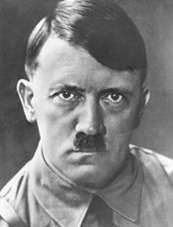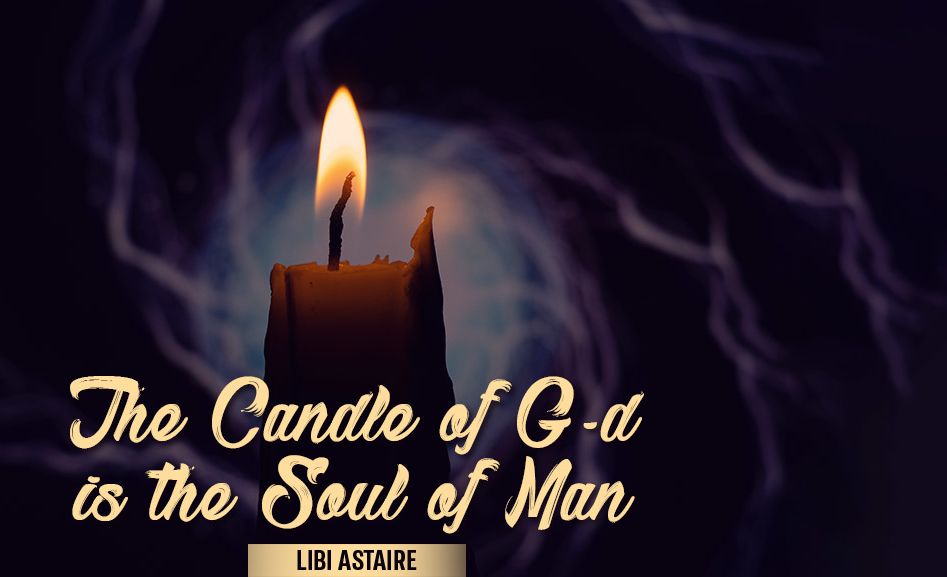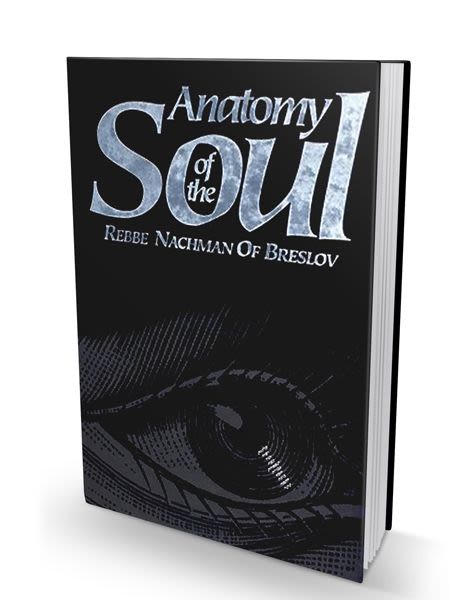
The Winds of War
Steiner’s evil idea was to become the life goal of the second infamous mad Austrian. He was Adolf Schicklgruber, the illegitimate son of Alois Hiedler…

Solomon’s Trains, Part 2
Wars don’t just break out. As every student of psychohistory knows there is always a chain of events and incidents full of intrigues that are behind them. The Ottoman Empire had occupied the territory of Bosnia Herzegovina, since 1878. The deer birds and other animals of the regions old forests and fields were to enjoy a generation of peace and quiet. Then in 1908 the Austro-Hungarian Empire started whetting its expansionist appetite. It officially annexed the territory and thereby precipitated a regional crisis which created high tension in the Bosnian area till 1909. The soft country breezes were soon to be replaced by the whipping winds of war.
This annexation greatly angered the Pan-Slavic and thus pro-Serbian Romanov Dynasty who at the time ruled the Kingdom of Serbia, Bosnia Herzegovina in addition to Russia due to their having a very considerable Slavic Serbian population. As the wise King Solomon said over two millennia ago, “There’s nothing new under the sun.” Then as now in the regions near them as elsewhere, Russian political maneuvering destabilized regional peace accords. In this case, accords that were already fracturing in what was known as "the Powder keg of Europe".
The once great Ottoman Empire was already tottering. This fact along with Russia’s manipulations tempted the Balkan states to flex their muscles and fight for independence.
Thus began the First Balkan War which lasted from 1912 through 1913. This war was fought between the Balkan League and the Ottoman Empire. It ended with the Treaty of London which shrank the Ottoman Empire even further, creating an independent Albanian State while enlarging the territorial holdings of Bulgaria, Serbia and Greece.
Having tasted the heady mead of the spoils of victory, Bulgaria initiated the Second Balkan War by attacking both her former allies, Serbia and Greece on 16 June 1913. However in 33 days of heated battle, it lost most of Macedonia to Serbia and Greece, and lost Southern Dobruja to Romania. This further destabilized the region.
As you can well guess, tempers, plots and revenge plans were running wild. The Austro-Hungarian Empire’s lust for territory and control was growing, and their scheming and modus operandi were far from appreciated by the nations around them.
"The Powder keg of Europe" was approaching critical stage.
On 28 June 1914, Gavrilo Princip, a Bosnian-Serb student and member of “Young Bosnia”, assassinated the heir to the Austro-Hungarian throne, Archduke Franz Ferdinand of Austria in Sarajevo, Bosnia. Although the Archduke was far from being popular, his assassination began a period of hectic high tension diplomatic maneuvering between Austro-Hungary, Germany, Russia, France and Britain called the July Crisis. Austro-Hungary sought to end Serbian interference in Bosnia once and for all; therefore they delivered their “July Ultimatum” to Serbia.
This ultimatum was a series of ten demands which were deliberately designed to be unacceptable. It was made with the full intention of deliberately initiating a war with Serbia. When Serbia acceded to only eight of the ten demands which the ultimatum placed against it, Austro-Hungary declared war on Serbia on 28 July 1914.
There are historians who are of the opinion that even had Serbia acquiesced quickly to the entire ultimatum it would not have made any difference. Austro-Hungary had merely used the entire episode as a thinly disguised excuse to justify declaration of war on Serbia.
By then, the summer weather was not the only thing that was heating up. The equally expansionist Czarist Russian Empire, was not about to permit Austro–Hungary to erase its influence in the Balkans. Therefore in support of its long time Serb protégés, Russia ordered a partial mobilization the very next day. Two days later, 30 July 1914, Bismark’s German Empire began to mobilize its armies too. France, harboring great animosity over the German conquest of Alsace-Lorraine during the Franco-Prussian War, was already straining at the reins for any excuse to attack Germany. Subsequently in response to Germany’s mobilization, France mobilized their armed forces on 1 August. Germany declared war on Russia on the same day. Two days later, on 3 August 1914, the United Kingdom declared war on Germany. Within a week of Austro-Hungary’s preplanned declaration of war on Serbia, Russia and most of Europe were at war.
“The European Powder Keg” had blown. World War 1, the so-called “War to End All Wars”, was begun. It lasted from 1914 to 1918.
In the East, the Russian army successfully fought against the Austro-Hungarian forces, but was forced back by the larger and better organized German army. However when the Germans later tried to drive onward into Russia they were to discover that they were no match for the famous Russian winter. The Ottoman Empire joined the war in 1914, Italy in 1915 and Romania in 1916. Imperial Russia, which had been instrumental in the chain of events that led to the war, left it in 1917.
After a 1918 German offensive along the western front, America with its well organized and well armed fresh forces entered the war. Inspired with their motto “Praise the Lord and pass the ammunition” they led the driving back of the German armies in a series of successful allied offensives. The once powerful Germany, now tired and broken, surrendered on November 11, 1918.
By the time the war had ended, four major powerful empires, Germany, Russia, Austro-Hungary and Ottoman, had been militarily and politically defeated. The latter two ceased to exist as either empires or being a major power. However, Austria was still to make its painful influence felt upon the world as mankind was only too sorrowfully to discover.
Germany was defeated, trounced by the Allies. Its great empirical pride crushed and mortified. Its high position as an economic power was thoroughly humiliated as well.
The Jewish merchants of Germany in their loyalty to their country sought to rebuild its trade and economic stand. Their keen understanding of business and the trade winds led them to recommend and to heavily invest in the construction of what would become the best railway system in all of Europe. Well designed and well built locomotives, one of whom setting a new speed record, were built literally by the thousands. An intricate far reaching system of railways was laid down, with a well systemized method of keeping track of what trains went where when & with what loads. The Jewish merchants’ plans succeeded wonderfully. The German railway system flourished, empowering Germany. Yet this success would later become a horrendous bane to their own people.
While mother nature was healing her scorched fields and forests, and the embattled countries were rebuilding their battered cities and towns, that blood thirsty beast – the temporarily quelled storm-wind of war was also rebuilding. Austria’s empirical lust was also crushed by the World War which it had purposely instigated. Little would anyone assume that less than a generation later, a little insignificant miserable jerk from that very same now small country in south-central Europe would manage to influence and manipulate the much larger Germany into a maniacal dream of world conquest; a lunatic dream that would  plunge the world into the most demonic, destructive and cruelest war in human history, World War 2.
plunge the world into the most demonic, destructive and cruelest war in human history, World War 2.
 plunge the world into the most demonic, destructive and cruelest war in human history, World War 2.
plunge the world into the most demonic, destructive and cruelest war in human history, World War 2. Indeed two more power mad Austrians were to make their maniacal effect felt in the world.
One, Rudolf Steiner, a renegade from the Theosophist sect set up his own cult based on the concepts of his racist idol Goethe, with an admixture of Theosophy and far eastern cults. His cult was to become an inspiration for the concepts of racial cast levels, and “Aryan supremacy”, the ubermentsch – super race. His influence would be even further felt as a result of his own words in his lecture “The Essence of the Jews”, that “… the Jews are a race whose time of usefulness to mankind has finished and it would be best if they were to disappear from the earth.”
That evil idea was to become the life goal of the second infamous mad Austrian. He was Adolf Schicklgruber, the illegitimate son of Alois Hiedler, who grew up inspired by Steiner. His family name later being simplified by some German government clerk to Hitler.
To be continued.













Tell us what you think!
Thank you for your comment!
It will be published after approval by the Editor.